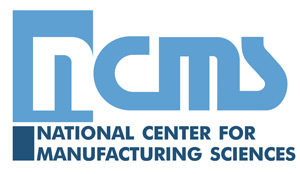Project Announcement: Using Predictive Analytics to Improve Main Reduction Gear (MRG) Readiness
In recent years, the cruise line industry as suffered some embarrassing break downs due to power train failures and they’re not alone. The maritime industry, in general, has been dealing with power train issues since the first engine and driveshaft was placed on board seagoing vessels. These mechanical break downs are costly, and very dangerous when under restricted maneuvering and/or during inclement sea-state/weather conditions.
The US Navy’s surface fleet has also endured power train casualties and mishaps which have generated significant adverse impacts to safe operation, repair costs, and unplanned degradations in readiness levels. While technical documentation, operational & maintenance shortcomings coupled with design related problems accounted for a large percentage of the issues- maintenance shortcomings, specifically, accounted for a significant percentage of the issues that directly contributed to MRG and propulsion drive train health deficiencies.
Utilizing the US Navy surface fleet as a surrogate to industry, this project will incorporate analytical predictive solutions to address technical issues related to MRG reliability. By improving the maintenance tools available to the ship’s crew, and the processes by which readiness is supported, improvements in MRG and propulsion drive train health can be achieved at a lower cost. Results and technologies derived from this project will provide critical information for maritime engineers so that they may incorporate all relative findings into US seagoing vessels.
Companies interested in this NCMS CTMA effort should contact by September 1st, 2017. We encourage participation of Disadvantaged Business Enterprises (DBEs), including Minority Business Enterprises (MBEs) and Women’s Business Enterprises (WBEs).
